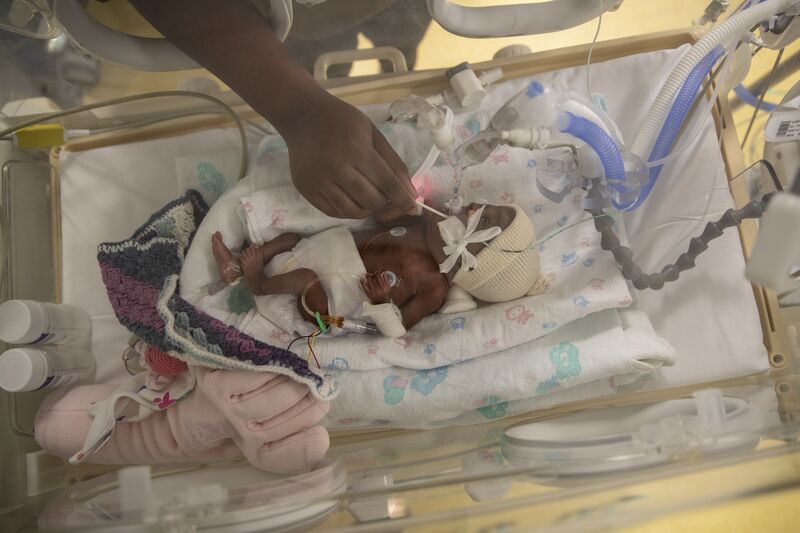The Preterm birth: Reducing risk and improving lives report paints a picture which will be familiar to parents and neonatal staff alike. Being born early can have a lifelong impact on babies, long after the stress and interventions of a neonatal admission. For parents, a premature birth and subsequent neonatal stay is often marked by separation, anxiety and financial pressure.
The report highlights:
- A dire lack of support for parents including a lack of overnight accommodation that routinely forces the separation of parents and babies, significant gaps in support for parents’ mental health, and a considerable financial burden placed on families
- The lack of progress made by previous governments towards a national target to reduce preterm births
- Unacceptable differences in the rates of preterm birth based on ethnicity and socioeconomic groups
- High levels of variation in the delivery of the best care and follow-up for babies
The report makes a compelling argument for the need to reduce preterm birth, as well as to provide appropriate support to families whose baby is born early. Achieving these goals would both deliver long-term positive benefits for babies and families, and also bring significant potential to reduce health and education expenditure if all babies and parents received high quality care and support.
Caroline Lee-Davey, Chief Executive at Bliss and who gave oral evidence to the Committee, commented:
“This report provides an in-depth look at the issues facing babies and families affected by premature birth, and makes a powerful case for change.
“Preterm birth can have a lifelong impact on babies born early, and their families, as well as remaining the leading cause of neonatal mortality in the UK. It is vital that rapid progress is made on the critical areas of preterm birth prevention, and ensuring that every baby and family has access to the best care and support.
“Bliss fully endorses the recommendations of the Committee and looks to the Government for a swift and effective response, with a particular focus on tackling the health inequalities facing certain ethnic and socioeconomic groups. The Government must now set out how they will approach reducing the incidence and the impact of preterm birth, and we urge them to prioritise:
- Investment in accommodation to address the routine separation of parents from their babies on neonatal units
- A new ambition which focusses on reducing the stark inequalities in neonatal outcomes between ethnic and socio-economic groups
- Workforce plans that support the recruitment and retention of fully staffed neonatal multidisciplinary teams.”
